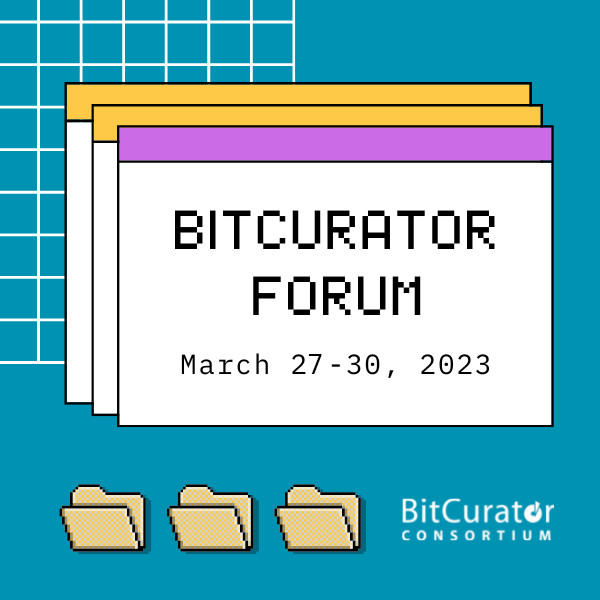Session 3
Thursday, March 30, 2023 - 11:00am-12:00pm PT / 2:00-3:00pm ET / 7:00-8:00pm BST
Exploring “Good Enough:” Using the NDSA Levels of Preservation to Establish a Shared Standard
Brenna Edwards, Hyeeyoung Kim, and Christy Toms, University of Texas Austin
The University of Texas at Austin Digital Preservation Group (UT DigiPres) formed a new working group in September 2022 to develop a “good enough” digital preservation standard for participating libraries, archives, and museums. Over the course of six months, the working group will evaluate the current ecosystem of digital preservation across these diverse repositories using the NDSA Levels of Preservation as an assessment tool. Then, the group will identify a baseline and create a shared standard. This presentation will report on if the working group was successful and what lessons were learned from collaborating with repositories different in sizes and resources. Additionally, the presentation will share how a local digital preservation group can promote information sharing, uplifting practitioners, and advocating for awareness to a broader audience.
Collaborative Appraisal of Born-Digital Archives
Emmeline Kaser, University of Georgia
Appraisal improves storage management and can significantly streamline processing and preservation planning for born-digital archives. When making these appraisal decisions, it is helpful to consider both the research value of the content and the digital preservation resources the files will require. But it can be difficult to address both angles when that expertise is spread out across multiple staff members.
As the digital archivist for two special collections libraries at the University of Georgia, I have developed a collaborative appraisal process that leverages the expertise of both digital archivists and collecting archivists, allowing us to appraise born-digital materials through the dual lens of preservation needs and research value. This process includes an iterative technical appraisal phase that is largely format-based and a content appraisal phase based on the substance of the collection. This presentation will introduce the current workflow model and include an overview of the development process that got it “off the ground” at our institution.
Back to Forum Schedule
